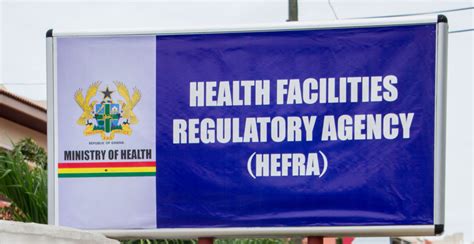Government plans to eliminate the COVID-19 and National Health Insurance Scheme (NHIS) levies by 2026 as part of a sweeping overhaul of the country’s tax system, Finance Minister Cassiel Ato Forson told lawmakers Thursday.
Unveiling the mid-year budget to Parliament, Dr. Forson said the planned tax reforms, expected to be finalized by October 2025, will be incorporated into the 2026 budget. The proposals form part of the Mahama administration’s broader strategy to simplify Ghana’s Value Added Tax (VAT) structure and reduce cascading tax effects that raise costs for consumers and businesses.
“We intend to abolish the COVID-19 Levy, eliminate the cascading effects of the NHIS Levy, remove the GETFund Levy, scrap the VAT Flat Rate, and introduce a unified VAT rate,” Dr. Forson said.
The finance minister said the reforms are aimed at creating a more equitable and growth-oriented tax system, improving domestic revenue mobilization, and supporting macroeconomic stability. The VAT restructuring, he said, would align with ongoing efforts to strengthen public financial management and Ghana’s monetary policy framework.
The new VAT Bill, which will reflect these changes, is scheduled to be drafted by October 2025 and presented to Parliament the following year.
“These changes are designed to relieve pressure on ordinary citizens and create an efficient, fair tax environment that supports inclusive growth,” Dr. Forson said.
Ghana has faced fiscal and debt pressures in recent years, exacerbated by the COVID-19 pandemic and global economic headwinds. The government is pursuing reforms under a $3 billion International Monetary Fund program aimed at restoring economic stability and investor confidence.














